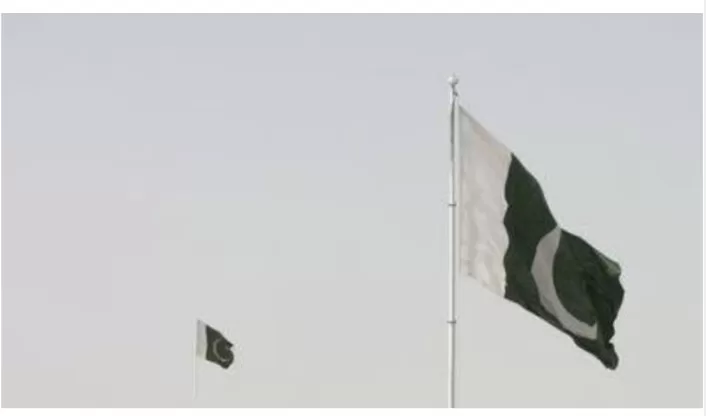In a recent comprehensive study conducted by a team of experts from the Pakistan Institute of Development Economics (Pide), led by Nadeemul Haque, startling revelations have emerged regarding Pakistan’s formidable annual outlay on public servants. The study, titled ‘Lifetime Cost of Public Servants,’ delves into the financial challenges faced by Pakistan due to its substantial public workforce, encompassing 1.92 million employees, pension payments, and an array of associated perks and privileges.
The staggering figures revealed by the study indicate that Pakistan allocates over PKR 8 trillion annually for the maintenance of its public workforce. This colossal amount encompasses approximately PKR 3 trillion for employee salaries, PKR 1.5 trillion for pensions, and roughly PKR 2.5 trillion for project workers and personnel in government entities. Astonishingly, the military’s wages and salaries alone account for nearly PKR 1 trillion, according to the report.
One of the critical aspects highlighted in the study is the impact of new employee recruitment on the government’s overall personnel expenses. The addition of a new employee leads to increased financial obligations in terms of salary, benefits, and potential training, funded by tax revenue. This, in turn, necessitates potential financial adjustments through increased taxes or reallocation of funds from other areas, directly affecting taxpayers.
Furthermore, the study underscores that political motivations sometimes lead governments to hire more individuals than necessary, often as rewards for supporters or to create a false sense of job security. Short-term thinking can result in governments failing to consider the long-term financial implications of such hiring decisions, and a lack of economic expertise may lead to poor management of the workforce. Societal pressures can also force governments into hiring more personnel, even when resources are limited.
The study calls attention to the Basic Pay Scale (BPS) system, which has seen a dozen revisions since its inception in 1983, with the most recent in 2022. The study asserts that the system continues to favor certain segments of the public sector, particularly the Pakistan Administrative Services (PAS), offering non-monetary benefits and superior appointments. This leaves technically and professionally skilled individuals marginalized in terms of grades and non-monetary benefits.
Moreover, the study reveals that there are numerous unaccounted-for elements that significantly contribute to the overall remuneration of civil servants. Perks, allowances, and in-kind benefits, such as government housing facilities, are often omitted from civil servants’ salary slips. For instance, official vehicle usage for personal purposes by grade 20-22 officers inflates the total cost by over 1.2 times the basic pay. Medical allowances and medical bill reimbursements further add to the cost.
In conclusion, the study emphasizes the need for striking a balance between short-term gains and sustainable fiscal policies. This crucial task will be instrumental in addressing the substantial financial challenge presented by the burgeoning expenditure on public servants in Pakistan.







